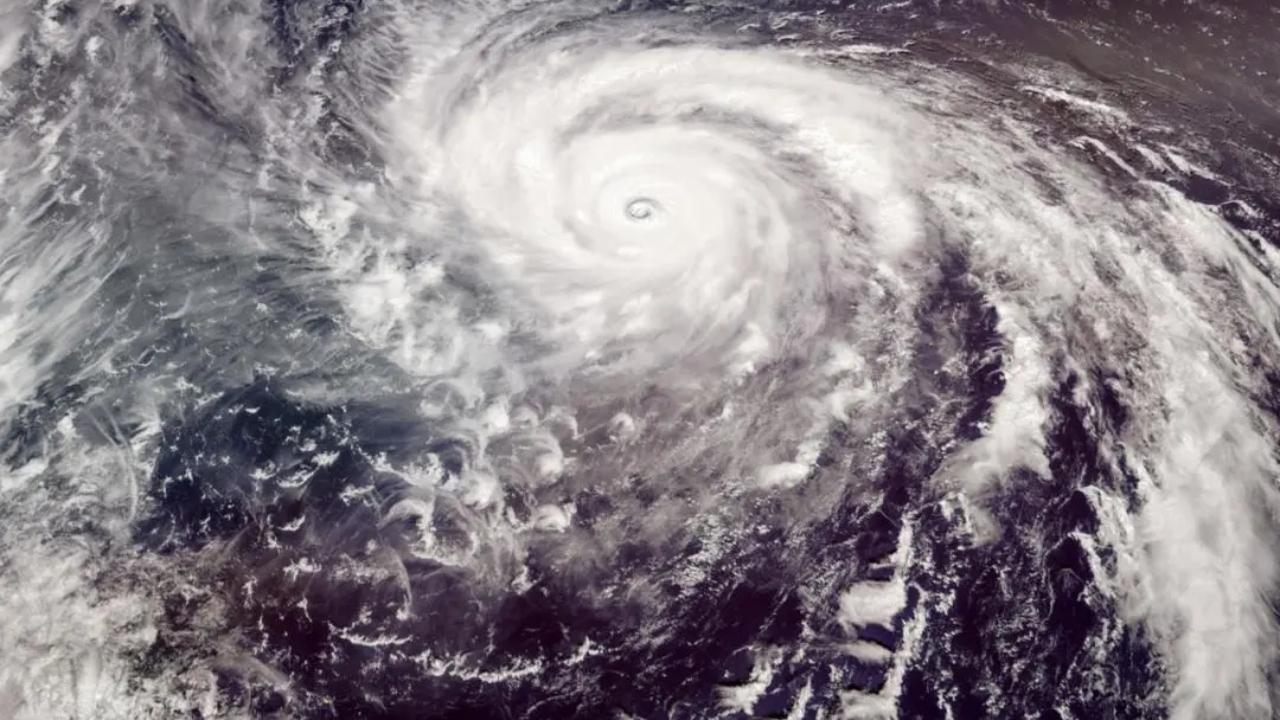The names are chosen to be easy to remember and pronounce, and they must not be offensive or controversial. They are also chosen from a variety of languages so that people from different regions can identify with them

Image used for representational purpose.
Cyclone Mocha, the latest tropical storm brewing in the Bay of Bengal, has been making headlines across India. But have you ever wondered how the cyclones get their names?
ADVERTISEMENT
Weather forecasters give each tropical cyclone a name to avoid confusion, according to the World Meteorological Organisation. In general, tropical cyclones are named according to the rules at regional level. For the Indian Ocean region, a formula for naming cyclones was agreed upon in 2004. Eight countries in the region - Bangladesh, India, Maldives, Myanmar, Oman, Pakistan, Sri Lanka, and Thailand - all contributed a set of names, which are assigned sequentially whenever a cyclonic storm develops.
The names are chosen to be easy to remember and pronounce, and they must not be offensive or controversial. They are also chosen from a variety of languages so that people from different regions can identify with them.
Cyclone Mocha, for example, is one of the names proposed by Yemen, based on a small fishing village in the country known for its coffee production. The current list of names includes contributions from Bangladesh, Iran, Maldives, Myanmar, Oman, Pakistan, Sri Lanka, and Thailand.
Also read: Deep Depression formed over southeast Bay of Bengal, says IMD
The next name in line is "Biparjoy" suggested by Bangladesh. In recent years, the IMD has started to include names of cultural significance in the list of names. For example, the name Amphan, which means sky in Thai, was used for a cyclone that hit West Bengal in 2020.
The IMD's tradition of naming cyclones is a way of involving different countries in the region and creating a sense of community around the shared experience of tropical storms. Cyclone Mocha is just the latest example of this tradition, which helps to keep people safe and informed during times of crisis. The naming system has evolved over time. In the early years of the practice, the names were chosen alphabetically, with one name assigned to each letter of the alphabet. However, this system was found to be confusing and difficult to remember, so the current system of pre-defined names was introduced.
In the Atlantic and Southern hemisphere (Indian Ocean and South Pacific), tropical cyclones receive names in alphabetical order, alternating between women and men's names. In the Northern Indian Ocean, nations began using a new system for naming tropical cyclones in 2000. Names are listed alphabetically country-wise, and are neutral gender-wise. The name list is proposed by the National Meteorological and Hydrological Services of WMO Members of a specific region and approved by respective tropical cyclone regional bodies at their annual or biennial sessions.
This story has been sourced from a third party syndicated feed, agencies. Mid-day accepts no responsibility or liability for its dependability, trustworthiness, reliability and data of the text. Mid-day management/mid-day.com reserves the sole right to alter, delete or remove (without notice) the content in its absolute discretion for any reason whatsoever.
 Subscribe today by clicking the link and stay updated with the latest news!" Click here!
Subscribe today by clicking the link and stay updated with the latest news!" Click here!







